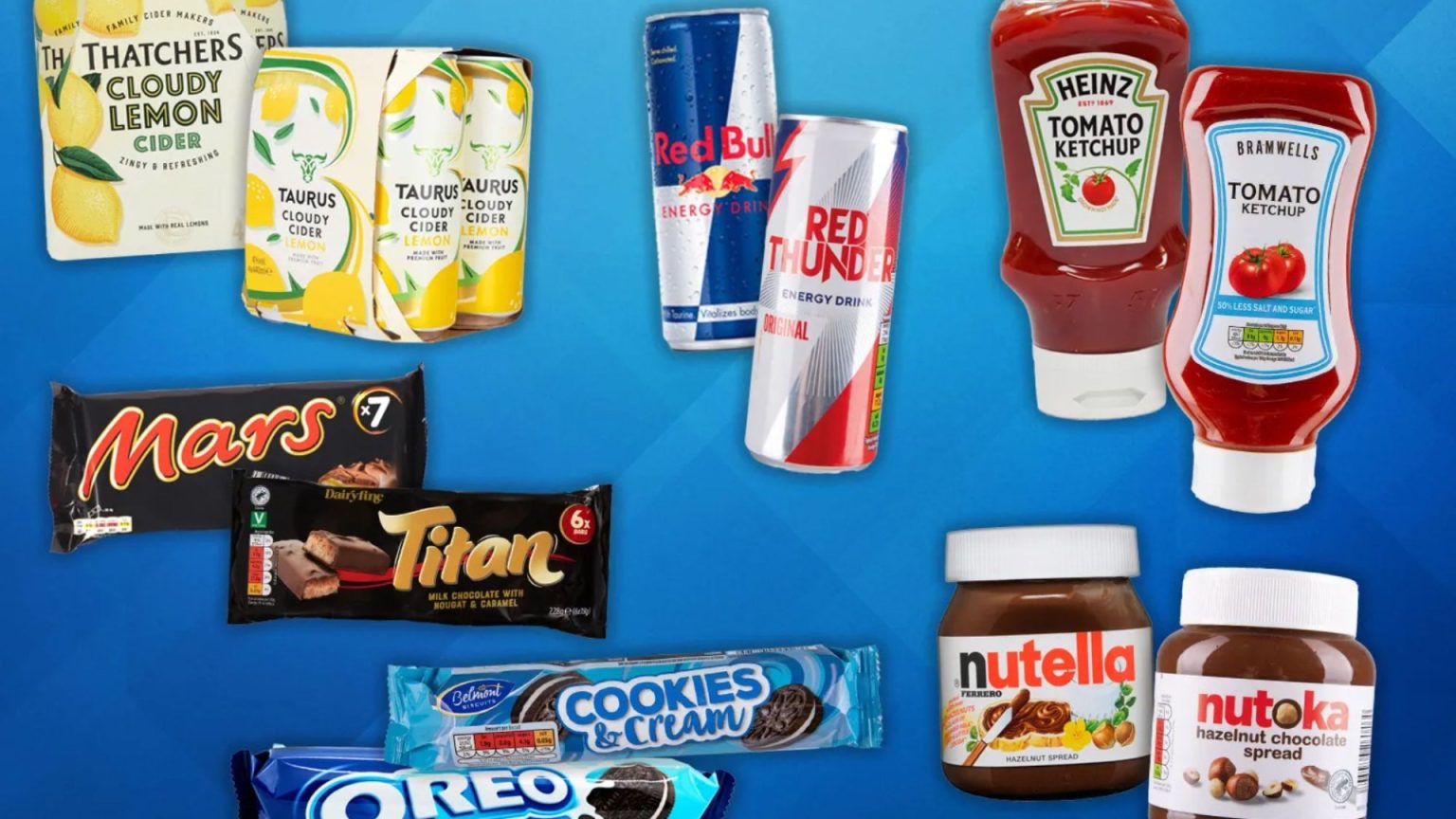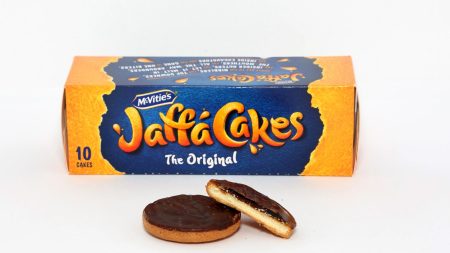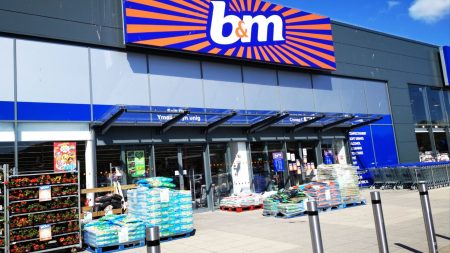Aldi’s “copycat” product strategy, mimicking the branding and appearance of popular name-brand products while offering them at significantly lower prices, has come under legal scrutiny. A recent legal victory by cider maker Thatchers, claiming Aldi’s Taurus cloudy lemon cider infringed on the packaging of its own product, highlights the potential risks involved in this approach. While Aldi plans to appeal the ruling, the incident underscores the fine line the retailer treads between offering competitive alternatives and potentially misleading consumers. This legal challenge, however, hasn’t deterred Aldi from continuing to stock a wide range of products bearing a striking resemblance to established brands, enabling customers to achieve substantial savings, often exceeding two-thirds off their typical grocery bills.
Consumer expert Sue Hayward acknowledges the legal grey area Aldi operates within, noting that while brand imitation is common, significant differentiation is essential to avoid legal ramifications. Aldi strategically leverages this ambiguity to attract budget-conscious shoppers who are readily drawn to the promise of near-identical products at significantly reduced prices. This marketing strategy hinges on the consumer perception that the Aldi alternatives offer comparable quality and taste, leading to a belief that they are essentially the same product, only cheaper. The efficacy of this model is evidenced by the myriad examples of Aldi products strategically positioned alongside their name-brand counterparts on store shelves, prompting comparisons and driving sales based on price differentials.
The article showcases a series of compelling price comparisons across a range of everyday products, highlighting the stark cost savings achievable by opting for Aldi’s versions. This comparative analysis spans a wide spectrum of grocery staples, from energy drinks and ketchup to biscuits and spreads, cheese snacks and butter, washing-up liquid and chocolate bars, diet cola and even birthday cakes. In each instance, Aldi’s alternative is presented alongside its name-brand equivalent, with prices clearly displayed and calculated per 100g or 100ml to facilitate direct comparison. These examples consistently demonstrate substantial price advantages, often representing savings of 50% or more.
The case of energy drinks exemplifies the magnitude of these savings. A 355ml can of Red Bull, priced at £2, translates to 56 pence per 100ml, while Aldi’s 250ml can of Red Thunder, at 42 pence, equates to a mere 17 pence per 100ml – a price difference of more than three times. Similar disparities are evident across the board: Aldi’s Bramwells ketchup costs just 17 pence per 100g compared to Heinz’s 71 pence; Aldi’s Cookies & Cream biscuits are priced at 29 pence per 100g versus Oreo’s 97 pence; and Aldi’s Nutoka hazelnut spread comes in at 42 pence per 100g against Nutella’s £1.03.
The trend continues with cheese snacks, where Aldi’s Mini Cheese Bakes are more than twice as cheap per 100g as Mini Cheddars; butter, where Nordpak undercuts Lurpak by more than half the price; and washing-up liquid, where Magnum offers a significantly lower price per 100ml compared to Fairy. Even indulgent treats like chocolate bars and birthday cakes reveal noticeable price gaps, with Aldi’s Titan bars offering a per-100g price less than half that of Mars Bars, and Cuthbert the Caterpillar cake undercutting the price of its counterpart, the Giggles caterpillar cake.
This detailed price comparison effectively underscores the core of Aldi’s market appeal – providing consumers with budget-friendly alternatives to well-known brands, allowing them to significantly reduce their grocery expenses. While the legal dispute over the cloudy lemon cider underscores the inherent risks of this strategy, the sustained popularity of Aldi’s “copycat” product range indicates a potent consumer appetite for affordable alternatives, despite the ongoing debate about brand imitation and potential consumer confusion. The case also illustrates the delicate balancing act Aldi performs, leveraging the similarities to name-brand products to attract customers while simultaneously needing to differentiate its offerings enough to avoid future legal challenges.











